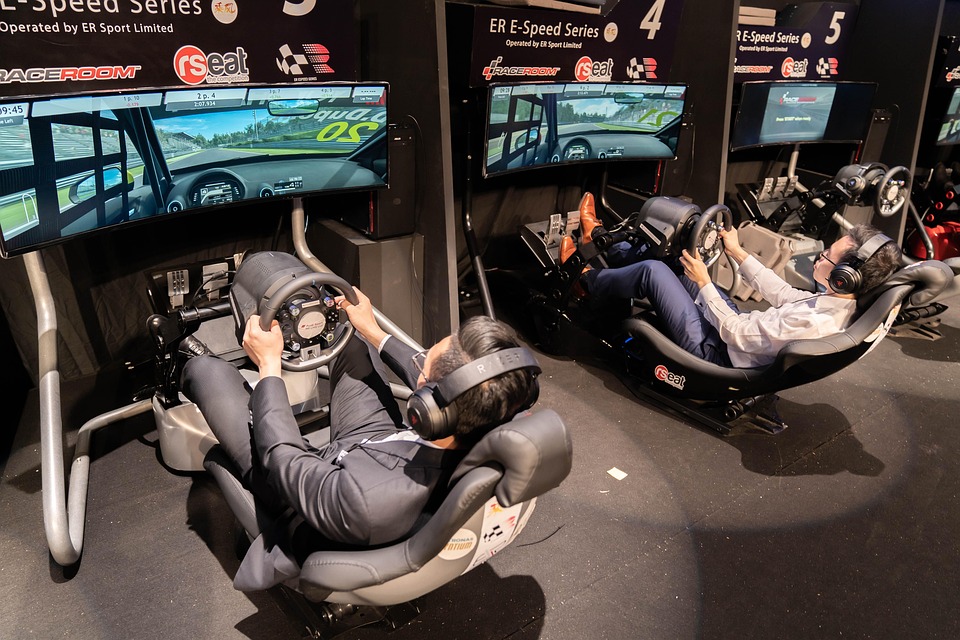The esports scene has exploded in popularity over the past decade, transforming from a niche hobby into a global phenomenon, attracting millions of players and spectators alike. As this industry continues to evolve, one key aspect has gained significant attention: diversity. In an environment that thrives on creativity, strategy, and competition, the inclusion of various voices, backgrounds, and cultures can serve as a catalyst for innovation and community building.
Understanding the Landscape
Historically, esports has faced challenges related to diversity. The majority of professional players, commentators, and executives have often fit a particular mold, largely centered around young males from specific regions. However, the tides are beginning to shift. As the industry matures, there is a growing understanding of the importance of diversity—encompassing race, gender, age, and socio-economic background.
Women in Esports
Women have traditionally been underrepresented in esports. Many female gamers have faced harassment and discrimination, both in competitive settings and online. However, organizations like Women in Esports and initiatives such as Girls Who Code have been instrumental in creating supportive environments. Teams like Dignitas and Girls Get Gamer are actively recruiting female players and providing mentorship and training, helping to cultivate a new generation of female esports athletes.
Racial and Ethnic Diversity
Inclusion of players from a variety of racial and ethnic backgrounds enhances the richness of gaming culture. More organizations are beginning to prioritize diversity in their recruitment and branding, recognizing that multiple perspectives lead to more relatable and engaging narratives. Platforms like 100 Thieves and FaZe Clan have showcased players from diverse ethnic backgrounds, promoting them not just for their skills but also their stories, thereby humanizing the competition aspect.
Accessibility for All
Accessibility is another critical factor in achieving diversity in esports. The gaming community is increasingly acknowledging the need to make games and tournaments more inclusive for players with disabilities. Organizations such as AbleGamers are advocating for adaptive technology and more inclusive game design, ensuring that esports can be enjoyed by everyone. These efforts not only break down physical barriers but also offer a platform for players with disabilities to showcase their talents.
Building Communities
Diversity is not just a matter of representation; it plays a crucial role in fostering community. Esports has the power to bring people together across geographical and cultural divides, creating spaces where gamers from different walks of life can connect, share experiences, and learn from each other.
Streaming and Content Creation
The rise of platforms like Twitch and YouTube has democratized content creation, allowing diverse voices to find their audience. Female gamers, gamers of color, and LGBTQ+ gamers are using these platforms to showcase their skills and share their unique perspectives. Their presence not only enriches the content available but also provides relatable role models for aspiring gamers, helping to inspire and build communities of support.
Social Impact
As the esports industry continues to expand, initiatives aimed at social change are emerging. Events like Gamers for Giving and various charity tournaments leverage the gaming community’s influence to raise awareness and funds for social issues. Such initiatives have united gamers from diverse backgrounds around common causes, proving that when communities come together, they can effect real change.
Conclusion
The journey toward inclusivity and diversity in esports is ongoing, yet the horizon appears bright. With increased awareness, advocacy, and community-building efforts, the gaming world is slowly but surely breaking down barriers. A diverse esports ecosystem not only leads to richer gameplay and storytelling but also creates vibrant environments where players can thrive, build lasting friendships, and contribute to a broader cultural narrative. The commitment to diversity is essential—not just for the sake of fairness, but as a cornerstone of a thriving esports community. As we look ahead, the potential of an inclusive esports landscape is boundless, promising innovation, creativity, and a celebration of our collective humanity through gaming.



